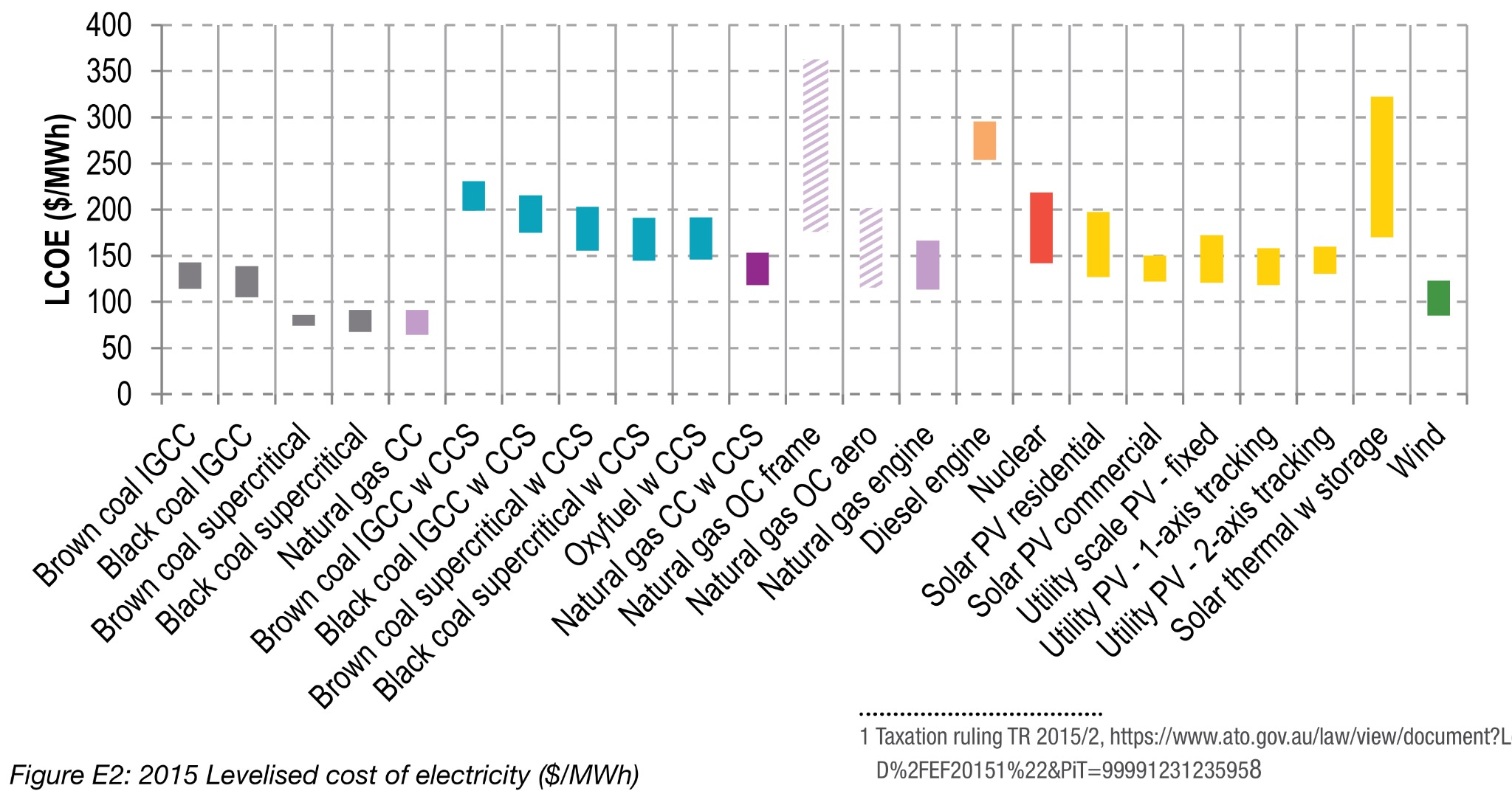My rationale for “No”…
It’s not about the technology we apply to fission.
It’s about human power structures, and time scales.
When we do technology where we can iterate rapidly, we learn fast on human friendly time scales. After the really obvious problems have been designed away, we mostly learn through failure and post-mortem analysis. This is QA Engineering 101.
Think what that means for different power technologies, in the face of unplanned catastrophic failure, like with earthquakes, floods, tidal waves, war, terrorism, stupidity, or whatever. Don’t underestimate stupidity.
If we’re talking solar, the worst case is that it just stops working or costs overrun.
If we’re talking fission, then we may leave large regions uninhabitable for centuries. Btw, fusion, if they ever get it to a commercially viable state, could be an entirely different story.
Coal is a slow-motion disaster, quietly killing thousands with it’s pollution as it slowly but surely heats the planet (there’s that thing again where we don’t learn long timeframe lessons well).
Tidal could be good. Just plain dumb engineering with the opportunity to fail early and often for maximum learning.
Hydro is more hazardous than it looks. All the good sites are taken. There’s risk of catastrophic failure that floods cities, conflicting water management issues and rotting organic matter of deliberately flooded catchment regions can produce more greenhouse effect (as methane) than the equivalent coal plant.
Now think about these things in the context of private industry, mandated to place shareholders interests above all else.
